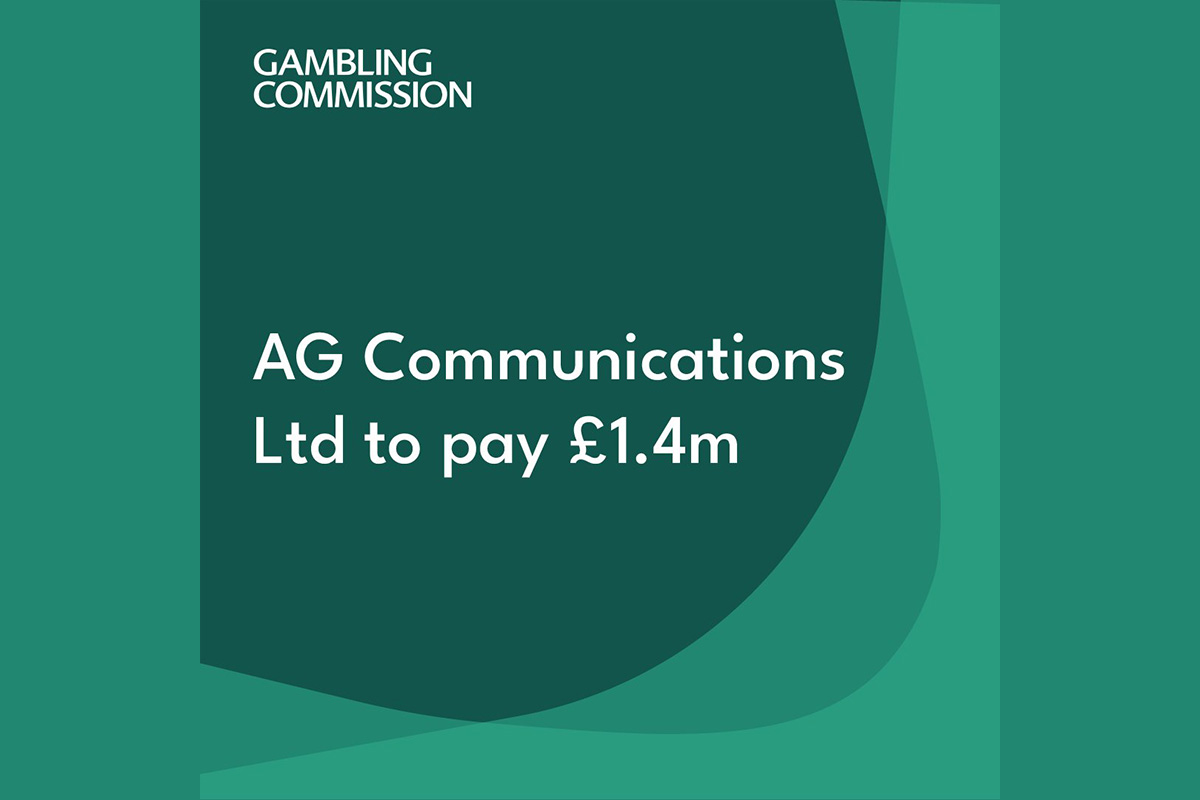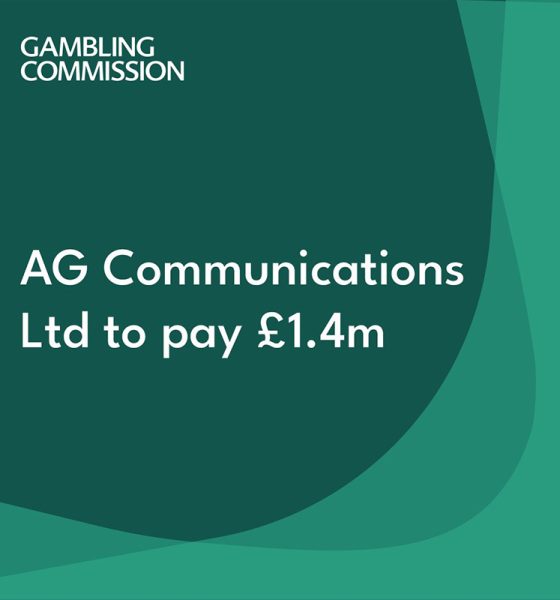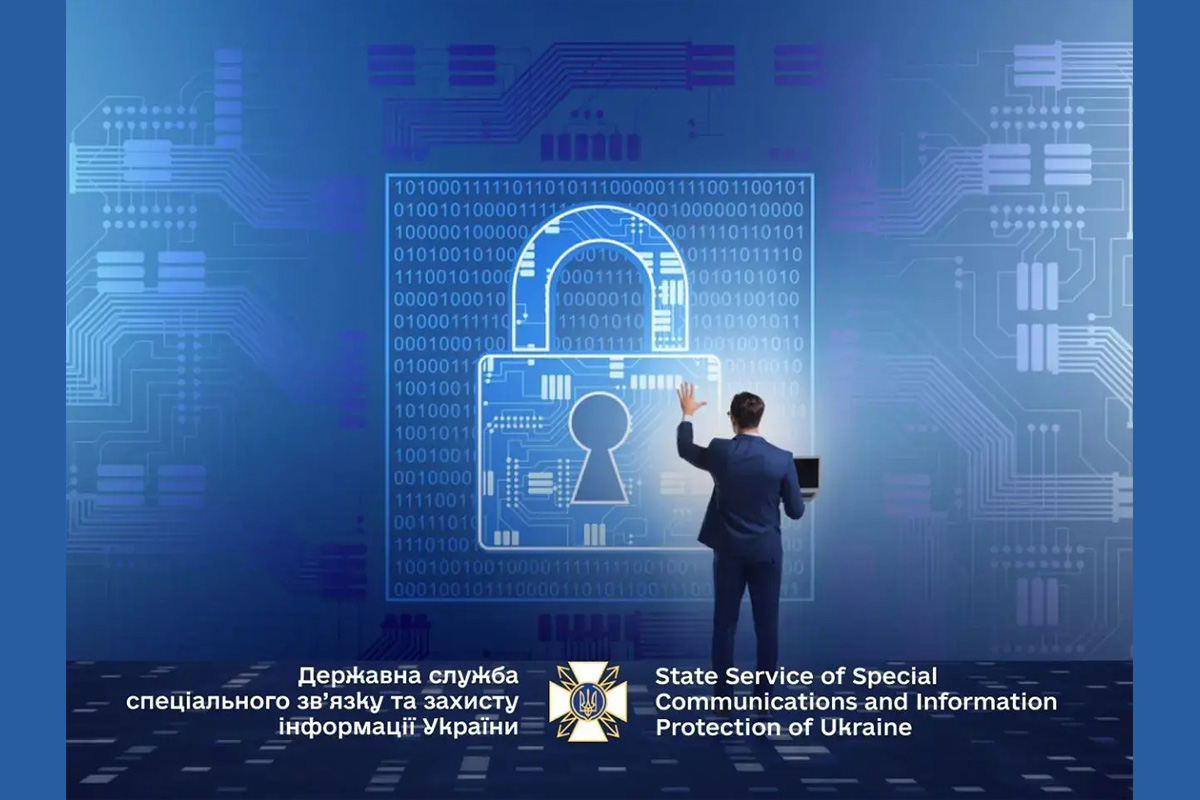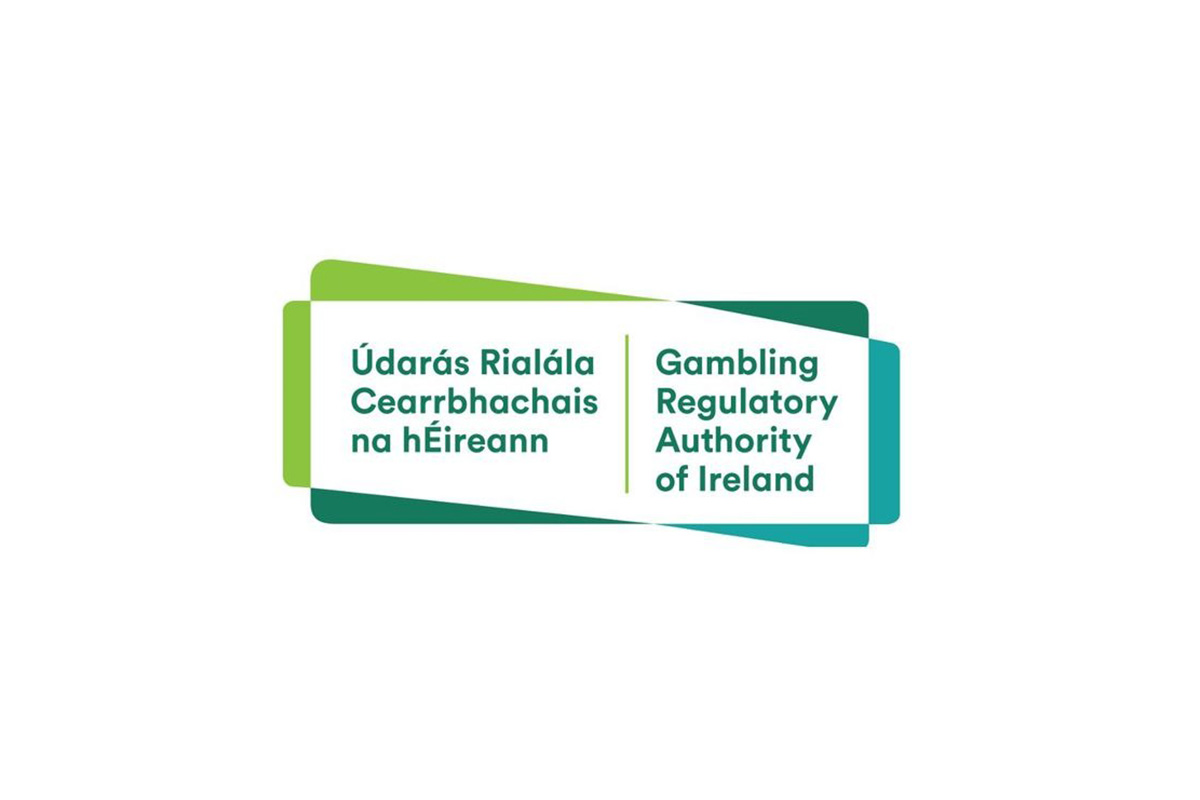

Compliance Updates
UKGC Imposes £1.4M Fine on AG Communications Limited
The UK Gambling Commission (UKGC) has imposed a fine of £1,407,834 on AG Communications Limited for Social Responsibility (SR) and Anti-Money Laundering (AML) failures.
The operator, which trades as AspireGlobal and runs 58 websites, will pay the money to socially responsible causes as part of a settlement with the Commission.
Social responsibility failures included:
• not having effective systems in place to prevent customers spending significant amounts of money in a short period of time before an assessment was made as to whether the customer was potentially at risk of gambling related harm. This raised concern that velocity of spend was not identified or acted upon quickly enough
• failing to conduct a safer gambling interaction despite one customer losing £6000 in 48 hours. A telephone interaction was attempted but only when the daily loss limit of £5000 in 24 hours was reached
• one customer was able to deposit and lose £7000 in just over four hours in the early hours. This customer was able to play through the backstop in place at the time due to a system error which failed to prevent the customer from depositing above the backstop limit. A manual review of the customer did not identify the fact they had played through the backstop trigger
• one customer was able to open a significant number of gambling accounts despite the fact they had previously self-excluded.
Anti-money laundering failures included:
• AML/Counter Terrorist Financing (CTF) policies and procedures were too reliant on financial thresholds
• when customers hit a medium, medium/high or high ML risk score they were not subject to a manual Enhanced Customer Due Diligence (ECDD) check until a financial trigger was hit
• when financial thresholds were reached, there were delays in completing ECDD checks. One customer who reached the financial threshold did not have an ECDD review conducted until a week later
• not following its policy regarding ECDD checks. One customer who reached a financial threshold but did not have a high AML risk score, did not have a manual ECDD review until eight days later. This was contrary to AG Communications Limited’s policy.
This is the second time AG Communications Limited is facing regulatory action – in 2022 the operator paid £237,600 for AML failures.
John Pierce, Commission Director of Enforcement, said: “This case marks the second occasion that this operator has been subject to enforcement action. Its failure to uphold anti-money laundering standards, delays in necessary interventions, and deficiencies in social responsibility measures are wholly unacceptable.
“Today’s outcome underscores the gravity of these breaches. It is essential that operators not only implement and maintain robust anti-money laundering policies, procedures, and controls but also act swiftly and decisively in response to any indications of suspicious activity. Effective social responsibility measures must be in place at all times to ensure that consumers identified as at risk receive timely and appropriate intervention.
“This case stands as a clear warning to all operators that repeated regulatory failings will result in increasingly stringent enforcement action.”
The post UKGC Imposes £1.4M Fine on AG Communications Limited appeared first on European Gaming Industry News.
Compliance Updates
Ukrainian Security Service, NCEC and AUGO Shut Down 133 Illegal Online Casinos

Ukraine’s Security Service, the State Service of Special Communications and Information Protection, the National Commission for the State Regulation of Electronic Communications, Radiofrequency Spectrum and the Provision of Postal Services (NCEC), and the Association of Ukrainian Gambling Operators (AUGO) have jointly blocked 133 illegal online casinos operating within Ukraine’s digital space.
According to AUGO’s press release on Tuesday, Derzhspetszviazok issued Directive No. 435/3236 on July 1, ordering the blocking of IP addresses and websites involved in illegal gambling. The directive was sent to internet providers and industry associations on July 3 and is mandatory for implementation within three working days—by July 8.
The association estimates that the joint operation disrupted a shadow business generating UAH 3 to 5 billion in illicit turnover every quarter.
Beyond blocking the sites with technical and software tools, the operation included broader organisational and technical efforts targeting the infrastructure that enabled these illegal platforms to function. Notably, unauthorised financial processing was halted, and associated P2P transactions were frozen.
“In chess terms – white has made the first move, and black is already losing pieces on the board… No, w’re not grandmasters yet. But this will be a decisive chess match, and we’re convinced the illegal players will eventually have no choice but to leave the game,” said AUGO President Oleksandr Kohut, as quoted in the press release.
He emphasised that illegal casinos – most of which now have ties to Russia – inflict direct harm on the Ukrainian state, legal businesses and its citizens. These sites, which are frequently cloned after being blocked, also pose a high risk of fraud and the leakage of players’ personal and financial data.
This marks the first time the Security Service, Derzhspetszviazok, and NCEC have actively partnered with AUGO on such an initiative. The association, which was launched three months ago, provided software, analytical and informational support for the operation to dismantle the illicit online gambling sector.
Kohut affirmed that AUGO remains committed to further collaboration with regulators – including the Ministry of Digital Transformation and the newly formed PlayCity agency – as well as with law enforcement to swiftly detect and shut down illegal casinos online. AUGO also plans to work with state regulators to inform media outlets of future blocking decisions as soon as they are made and communicated to telecom operators.
The post Ukrainian Security Service, NCEC and AUGO Shut Down 133 Illegal Online Casinos appeared first on European Gaming Industry News.
AGRESE
Representatives from AGRESE and LOTESE Visits Lottopar

On July 3rd and 4th, the Paraná State Lottery (Lottopar) received at its headquarters representatives from the Sergipe State Public Services Regulatory Agency (AGRESE) and the Sergipe State Lottery (LOTESE), on an institutional visit aimed at exchanging experiences and technical in-depth study on the regulation, operation and control model of state lottery activity.
During the two-day event, visitors learned in detail about the regulatory framework built by Lottopar, the systems adopted to ensure the traceability and security of operations, the criteria for accrediting operators and laboratories, and the responsible gaming and anti-money laundering policies implemented since the organization’s founding.
“We are delighted to welcome AGRESE and LOTESE. We believe that the development of state lotteries necessarily involves this type of technical cooperation, where successful experiences can be shared and adapted to the needs of each federative entity. The Lottopar model is constantly evolving, and it is a pleasure to be able to contribute to other states that, like Sergipe, demonstrate a commitment to serious, safe, and responsible regulation,” Lottopar CEO Daniel Romanowski said.
The exchange of information between states is essential for consolidating a safer, more efficient national lottery environment aligned with international best practices. The visit also reinforces the importance of joint action between regulatory agencies and state lotteries in formulating effective public policies.
AGRESE CEO Mr. Luiz Hamilton Santana de Oliveira said: “The institution is very honored and pleased to have hosted this technical visit, as it was a very productive two days, where we were able to further enhance our knowledge. We will implement what we learned and saw here into our regulations back in Sergipe.”
Adriana França Coserva Hide, CEO of LOTESE, said: “On behalf of Loterias de Sergipe, I would like to express our deep gratitude to the Lottopar team for the warm welcome and, most importantly, congratulate them on the exemplary work they have been doing. We were impressed by the level of excellence, professionalism, and commitment to social well-being that permeates Lottopar’s entire structure and operations. This exchange of experiences was extremely enriching and reinforces our conviction that cooperation between state public lotteries is a fundamental path to strengthening the sector in Brazil. We leave here inspired and even more committed to the mission that unites us.”
The agenda concluded with technical visits to Lottopar’s strategic departments and the headquarters of accredited partners, focusing on practical observation of operations. New joint initiatives are expected to be established soon, solidifying a virtuous cycle of cooperation between Brazilian public lotteries.
The post Representatives from AGRESE and LOTESE Visits Lottopar appeared first on Gaming and Gambling Industry in the Americas.
Compliance Updates
New ESRI Research Commissioned by the GRAI Suggests Gambling Offers Lure People to Bet More, Particularly People at Risk of Problem Gambling

A new study commissioned by the Gambling Regulatory Authority of Ireland (GRAI) /Department of Justice, Home Affairs and Migration and undertaken by the Economic and Social Research Institute (ESRI) shows that betting and gambling companies offering special offers or inducements encourages people to gamble more than they would otherwise, even when the odds offered are “bad”.
Special offers or inducements, such as free bets and moneyback guarantees are regularly used by gambling companies in their marketing campaigns. The study found that vulnerable people such as those at higher risk of becoming problem gamblers, were most at risk of gambling more, and losing more, as a result of being offered inducements.
In a controlled experiment run with a sample of 622 men under 40, participants, were given money to place up to six realistic bets on the Euro 2024 football tournament.
Half of the participants were randomly selected and shown offers of free bets and moneyback guarantees on some bets. which caused these participants to spend over 10% more than those who were not given inducements. The inducements also reduced the number of participants opting not to bet by nearly half. Even inducement bets that were designed as “bad”, showing odds far below market rates, were undertaken by participants in this group, who were three times more likely to spend money on “bad” bets.
These findings illustrate the harm inducements cause, particularly to those who are susceptible to gambling harm.
Under the Gambling Regulation Act 2024, the legislation which underpins the work of the GRAI, inducements or encouragement to gamble further will soon be an offence and licensed operators will no longer be allowed to offer free bets which are targeted at individuals and specific groups. Multiple European countries have also begun to regulate inducements.
Participants were surveyed after the study on their knowledge and understanding of inducements. Even amongst regular betters, most did not know that there were restrictions on free bets and that they would not receive their stake back if they won a free bet.
Paul Quinn, Chairperson of the GRAI, said: “I very much welcome this research from the ESRI examining the impact of inducements to gamble on gambling behaviours. Having a clear evidence base is critically important to the GRAI as we commence our work in regulating the gambling industry. This latest research will help inform that work and in educating the public on this matter.
“This study clearly indicates the damaging effect of certain practices around inducements. It underlines the importance of the provisions of the Gambling Regulation Act in limiting a person’s exposure to inducements to gamble. We look forward to working with Minister O’Callaghan in addressing the issue as we implement the new regulations.”
Anne Marie Caulfield, CEO of the GRAI, said: “The ESRI’s findings confirm that not only is the general public not aware of the dangers associated with inducements to bet, but also that the impact of these inducements go beyond simple marketing by betting companies.
“It is our responsibility to ensure that gambling operators do not encourage excessive or compulsive gambling behaviour, and that we protect vulnerable people in our society, such as children and young people and those more likely to experience gambling harm.
“The Gambling Regulation Act 2024 sets out obligations for licensees in the way in which inducements can be offered, including a ban on targeted inducements, and the findings of this study affirm these measures.”
Diarmaid Ó Ceallaigh, Postdoctoral Research Fellow, Behavioural Research Unit, ESRI, said: “Our findings imply that gambling offers aren’t merely marketing tools, but pose a real risk of financial harm, particularly among vulnerable groups.
“The results support the case for stricter regulation of gambling offers in Ireland, following steps already taken in other European countries, such as banning sign-up bonuses, restricting offers to at-risk individuals, and capping their value.”
The post New ESRI Research Commissioned by the GRAI Suggests Gambling Offers Lure People to Bet More, Particularly People at Risk of Problem Gambling appeared first on European Gaming Industry News.
-

 gaming3 years ago
gaming3 years agoODIN by 4Players: Immersive, state-of-the-art in-game audio launches into the next generation of gaming
-
EEG iGaming Directory8 years ago
iSoftBet continues to grow with new release Forest Mania
-
News7 years ago
Softbroke collaborates with Asia Live Tech for the expansion of the service line in the igaming market
-
News6 years ago
Super Bowl LIII: NFL Fans Can Bet on the #1 Sportsbook Review Site Betting-Super-Bowl.com, Providing Free Unbiased and Trusted News, Picks and Predictions
-
iGaming Industry8 years ago
Rick Meitzler appointed to the Indian Gaming Magazine Advisory Board for 2018
-
News6 years ago
REVEALED: Top eSports players set to earn $3.2 million in 2019
-
iGaming Industry8 years ago
French Senator raises Loot Boxes to France’s Gambling Regulator
-
News7 years ago
Exclusive Interview with Miklos Handa (Founder of the email marketing solutions, “MailMike.net”), speaker at Vienna International Gaming Expo 2018


















